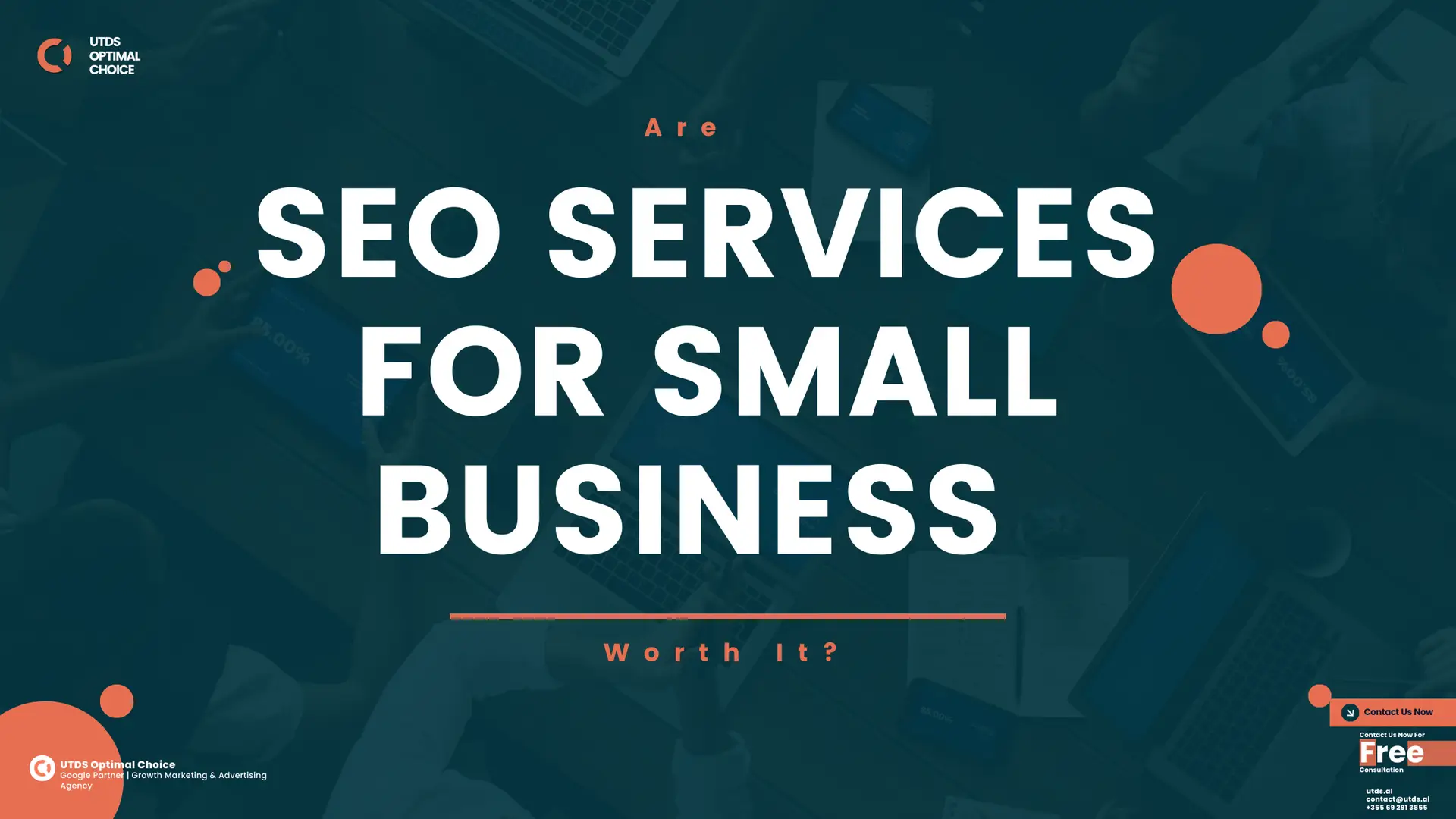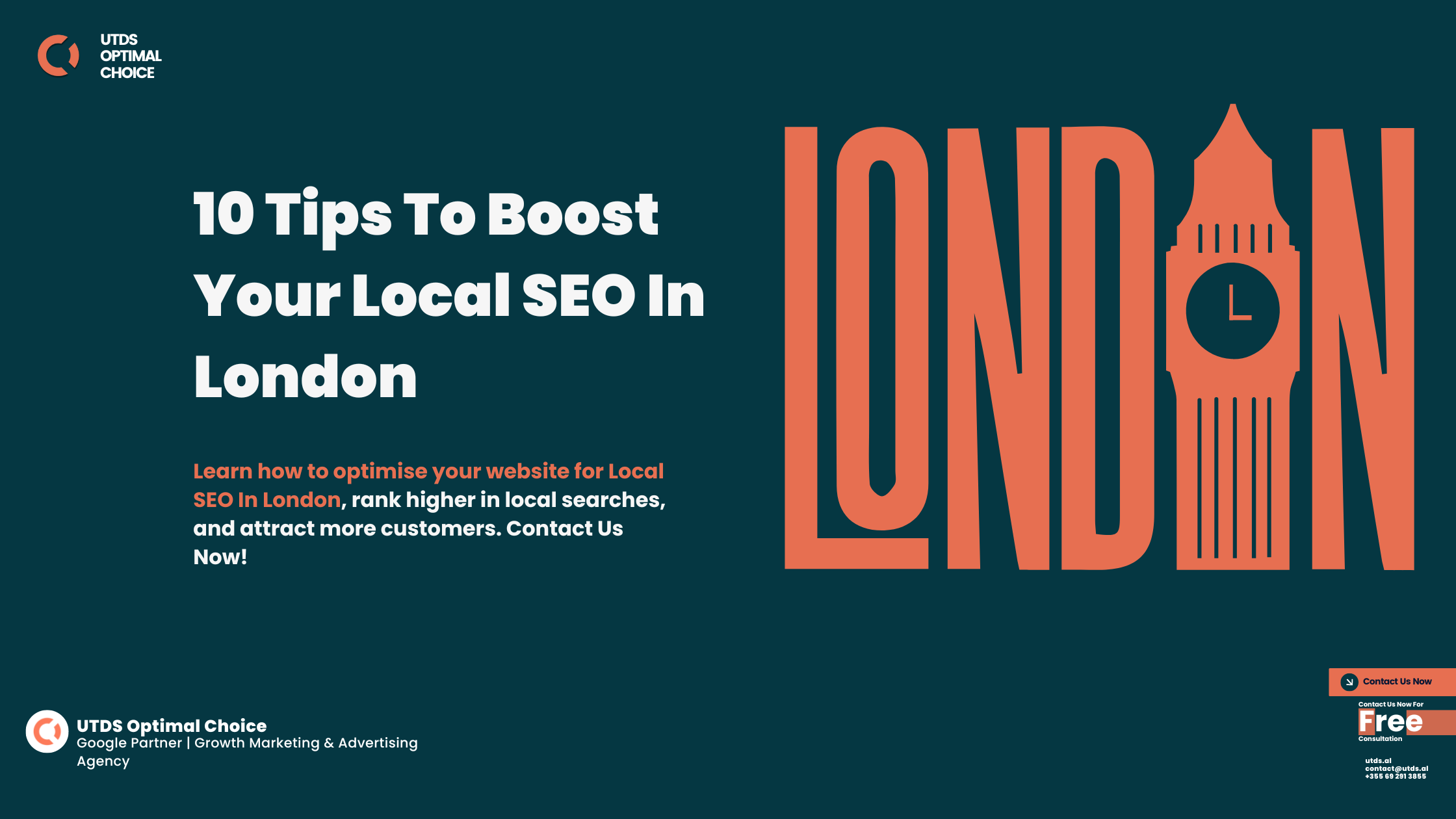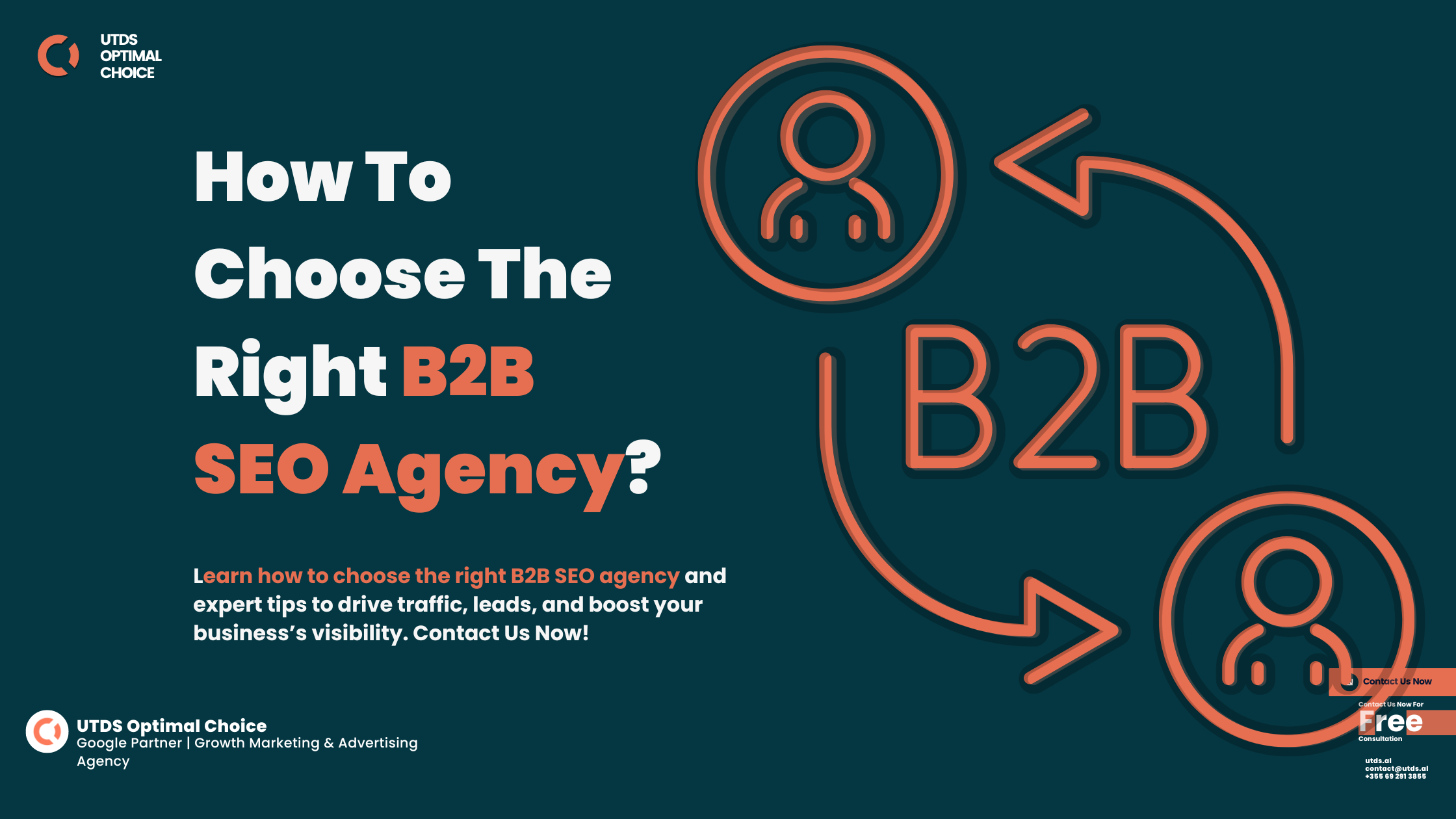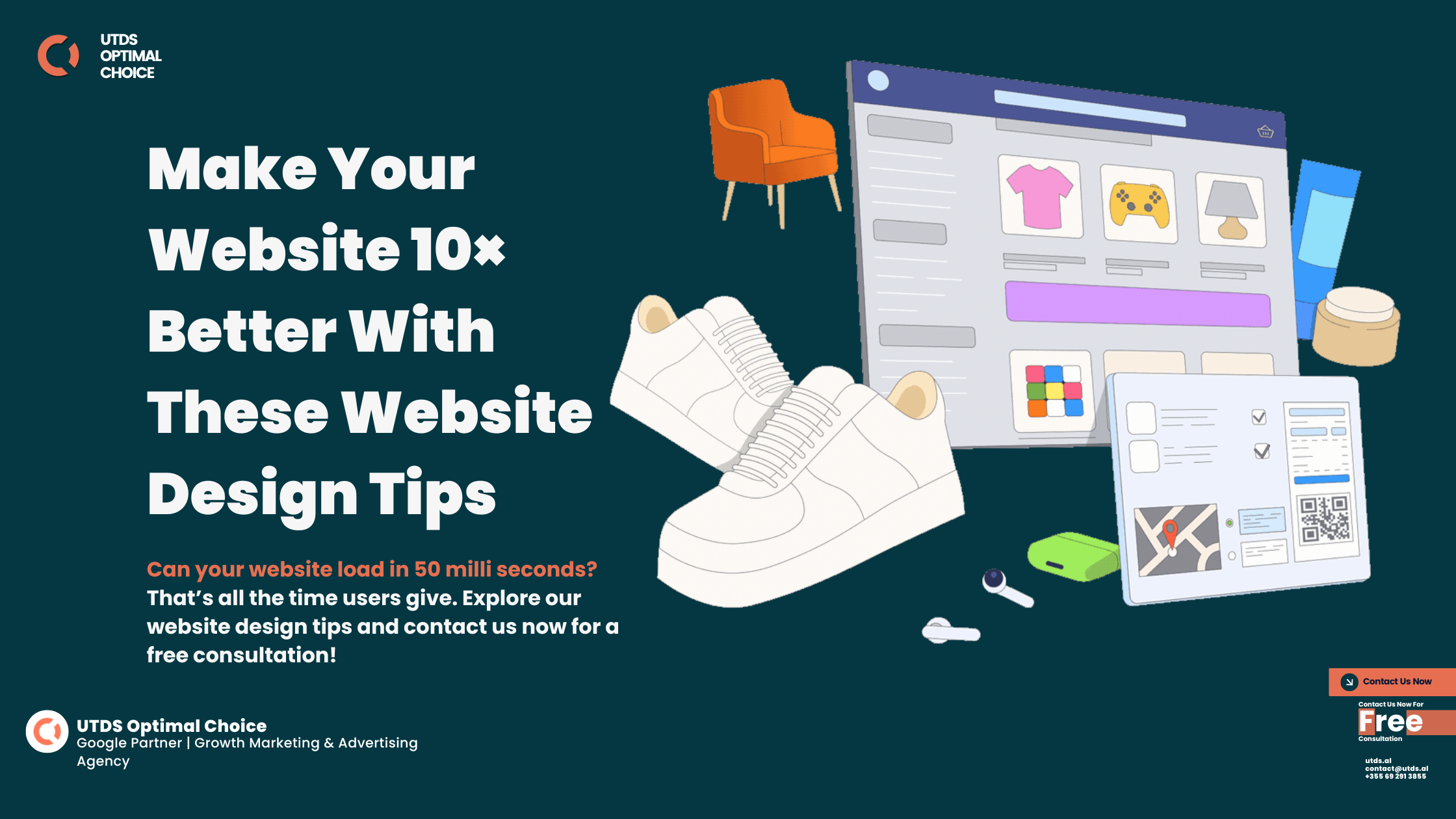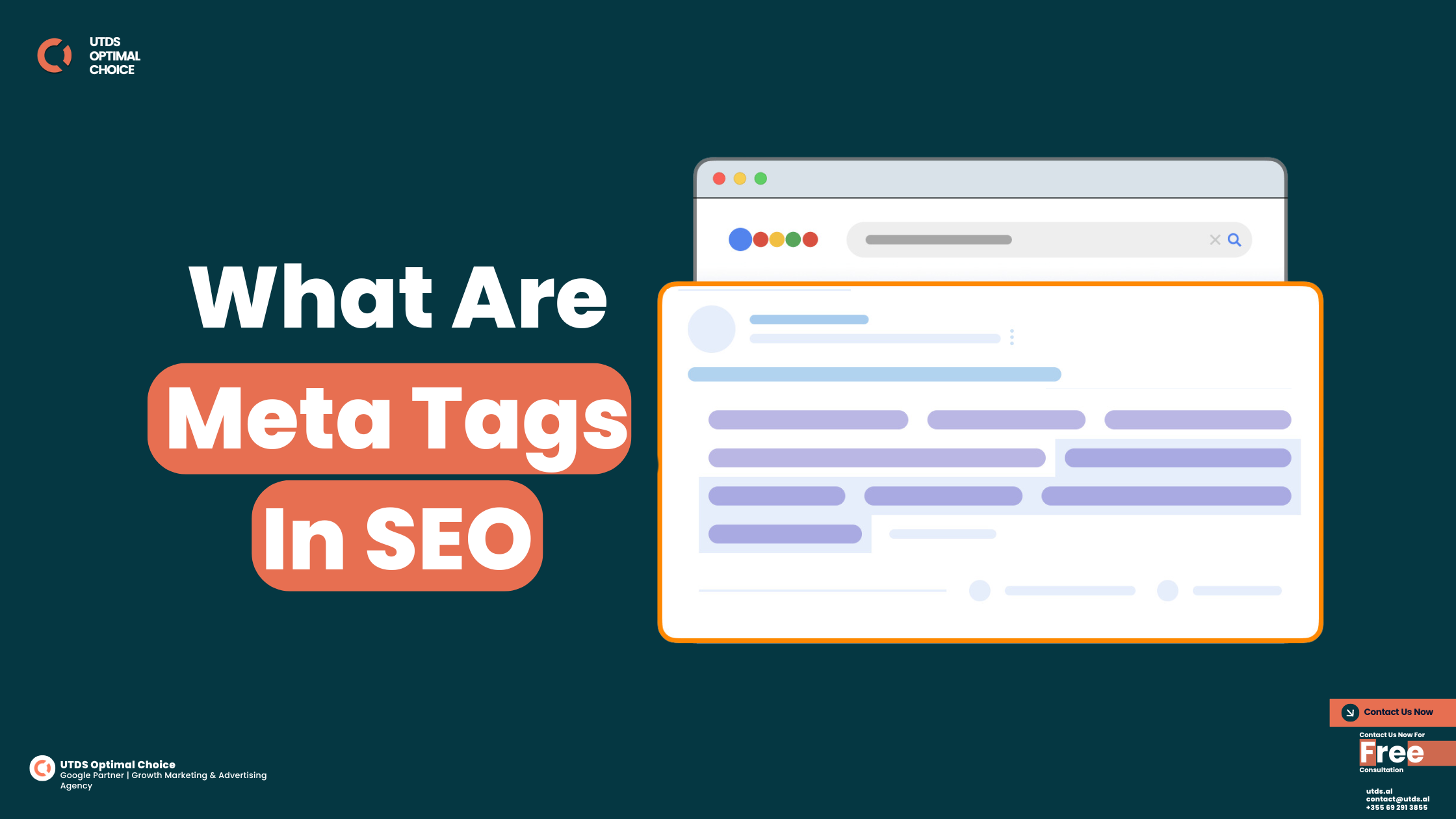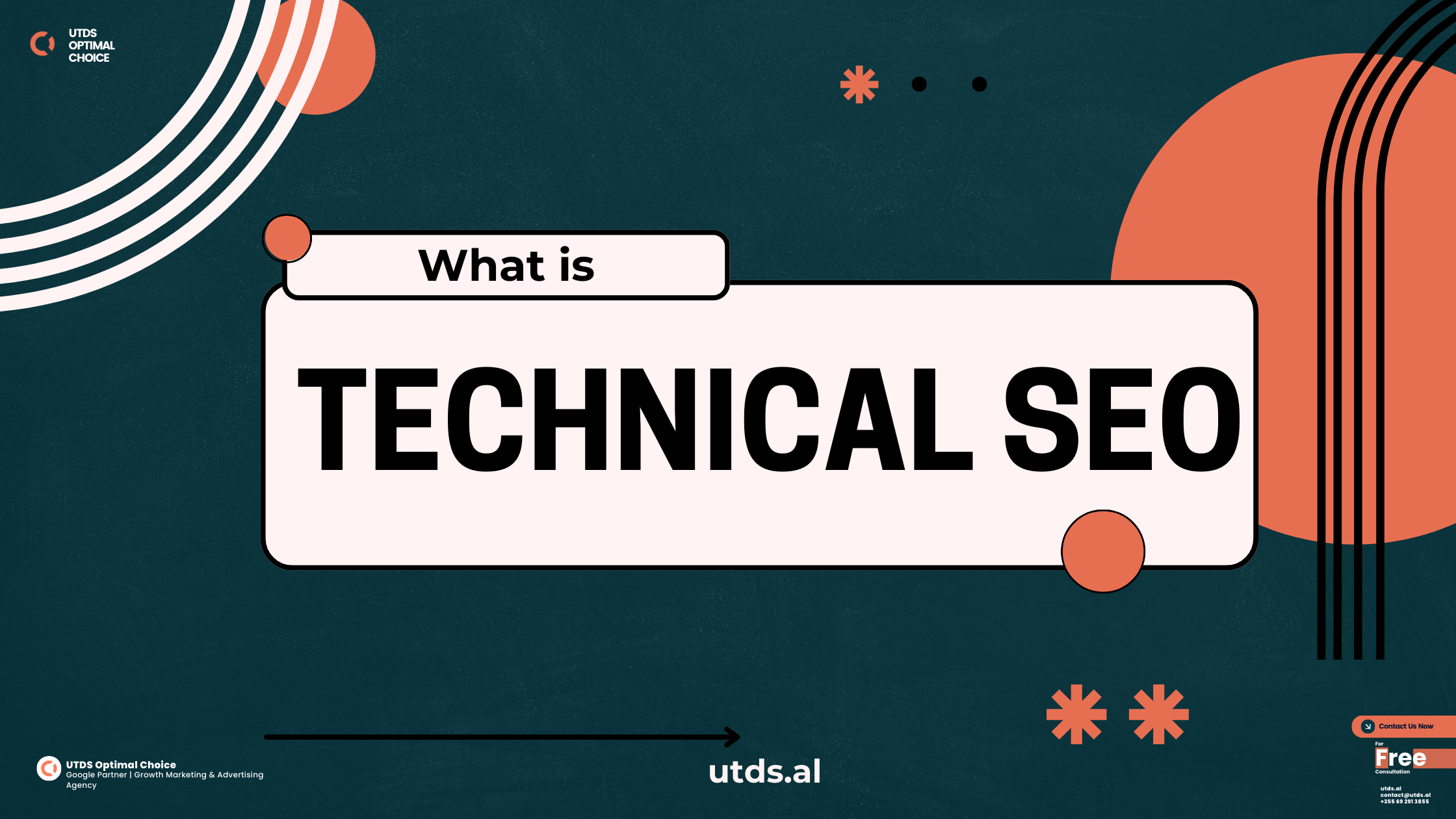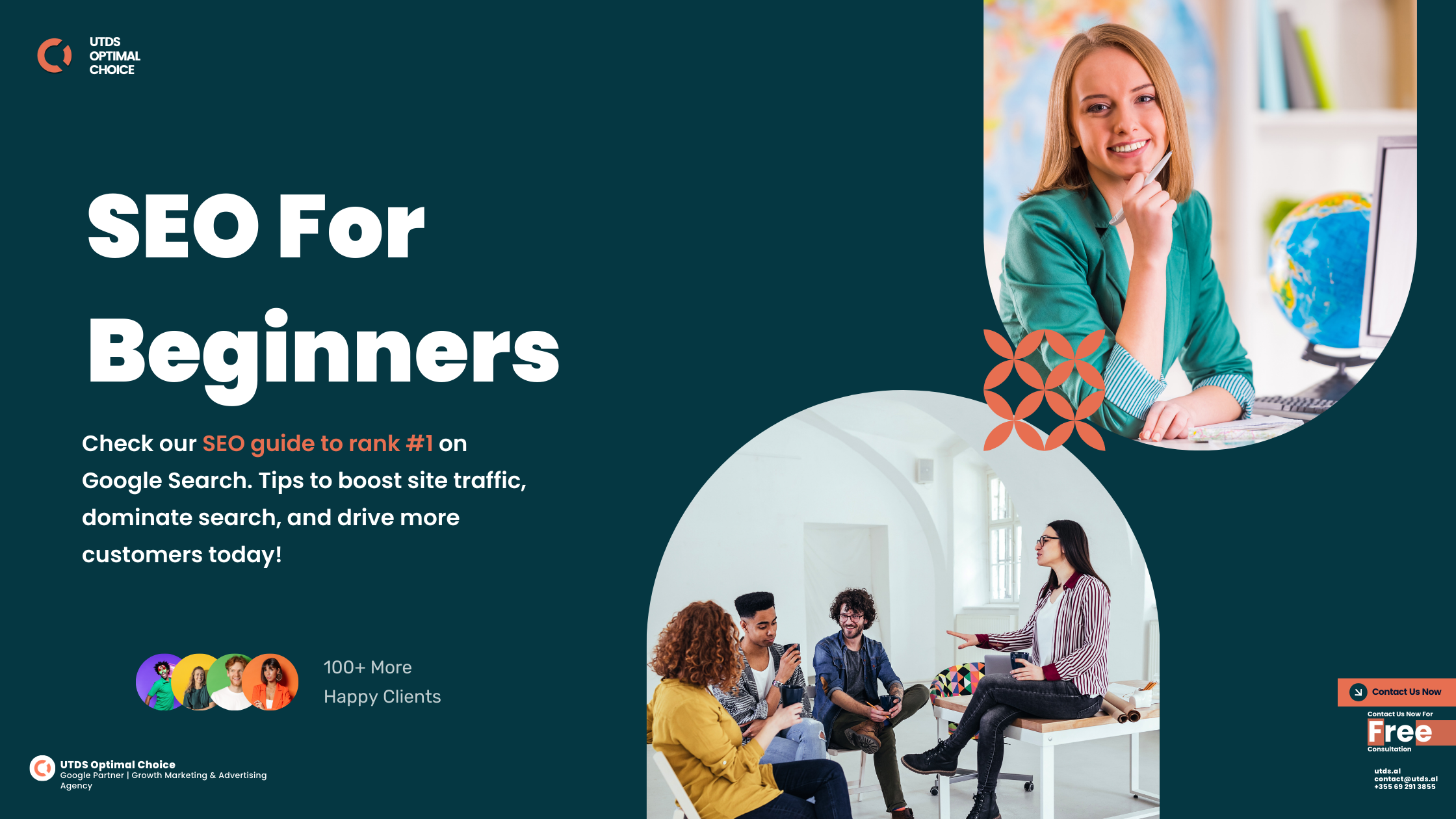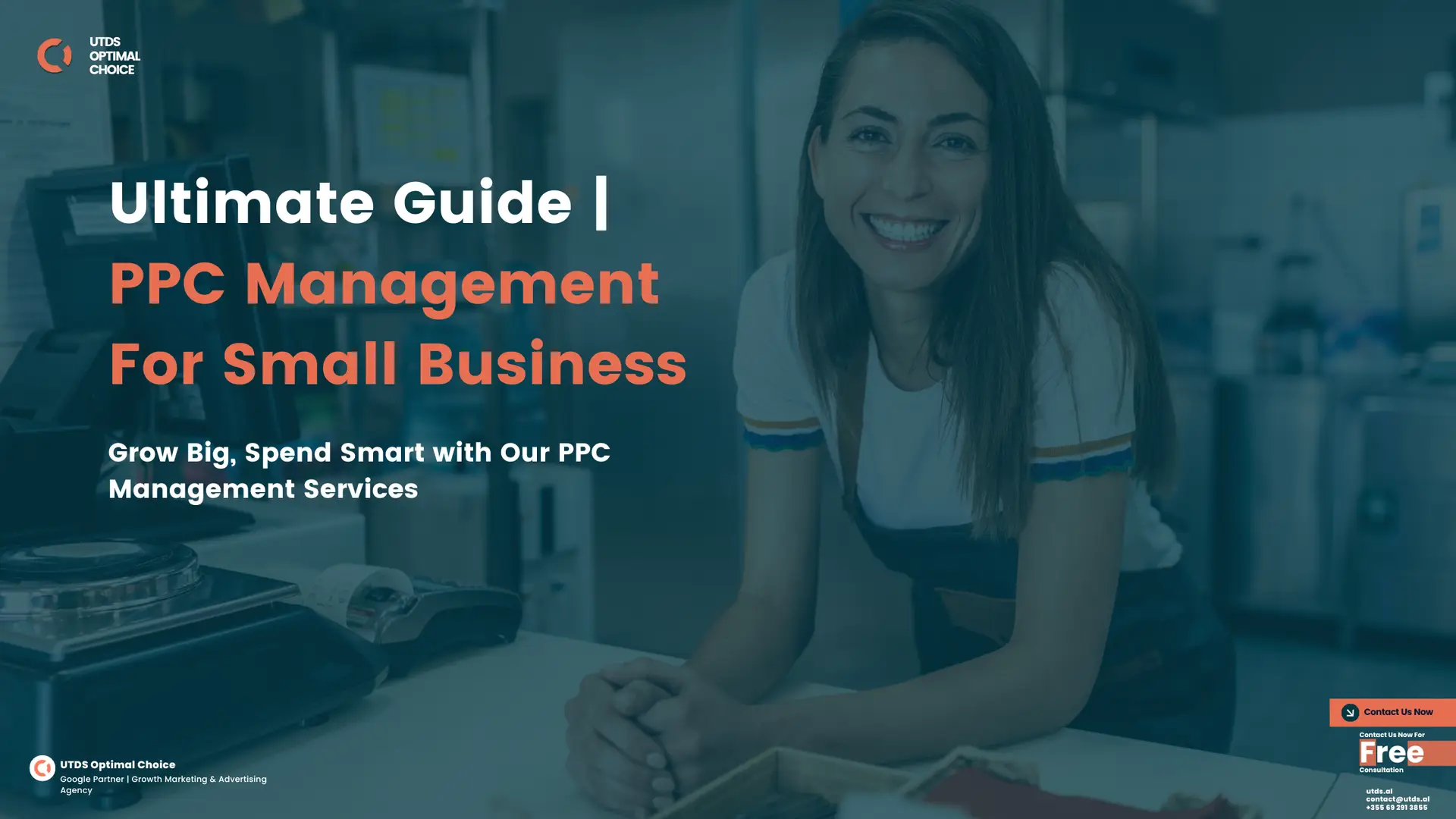Small businesses often struggle to get noticed online, especially when competing with larger brands in the same area. That’s where Local SEO services become essential. With the help of local SEO for small business, optimising your online presence for location based searches, you can connect directly with potential customers searching for businesses like yours.
Working with a reliable Local SEO agency ensures your business ranks higher in search engine results, making it easier for local customers to find you. Whether you’re a retail store, service provider, or restaurant, professional Local SEO services help increase visibility, drive foot traffic, and grow sales.
But what exactly is Local SEO? How can a Local SEO company transform your online visibility and help you stand out in local searches? This article breaks down everything you need to know, including expert insights from a Local SEO consultant and strategies used by a professional Local SEO expert to achieve long term success.
Want your business to stand out in local search results? At UTDS Optimal Choice, we specialise in Local SEO strategies that help small businesses boost their visibility and attract nearby customers. Whether you’re aiming to rank higher in Google Maps or increase local traffic, our expert team is here to help. Contact us today to optimise your online presence and start seeing real results from Local SEO.
Ready To Implement Local SEO For Small Business and Grow Your Local Business To The Next Level?
Contact us today for a free consultation and start seeing real results!
What Is Local SEO?
Local Search Engine Optimisation is the process of improving a local businesses online visibility to attract customers from a specific geographic area. It focuses on ranking higher in location based search results, such as “plumber near me” or “coffee shop in London.” With Local SEO services UK, Local small businesses can easily target audiences actively searching for their business related product or services in their local area, increasing visibility where it matters most.
Unlike general search engine optimisation, which focuses on broader rankings, Local SEO for small business prioritises location specific strategies to help businesses stand out in their local markets. Whether you’re a retail store, service provider, or local contractor, optimising your digital presence can lead to higher foot traffic and more qualified leads.
Why Local SEO For Small Businesses Is Important?
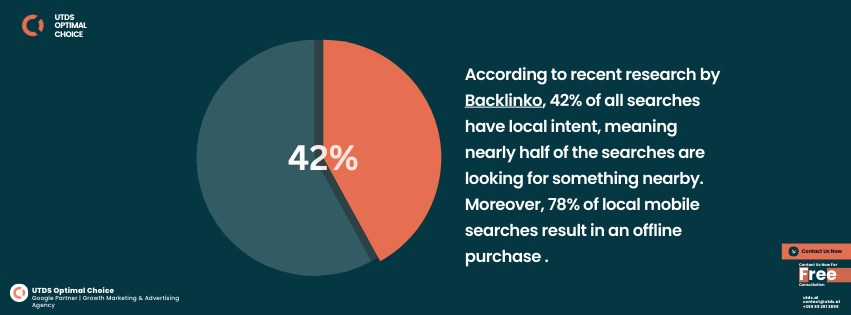
According to recent research by Backlinko, 42% of all searches have local search intent, meaning nearly half of the searches are looking for something nearby. Moreover, 78% of local mobile searches result in an offline purchase . These statistics highlight the significant role Local SEO for small businesses plays in driving foot traffic and conversions.
Why Local SEO For Small Businesses Is Important?
- Increased Visibility: With effective Local SEO services UK, your business can appear in more search results for location based queries.
- Higher Conversion Rates: Customers searching locally are often ready to make a purchase.
- Mobile Optimisation: As mobile searches grow, businesses need to prioritise Local SEO for small business to reach potential customers searching “near me.”
Partnering with a professional Local SEO agency ensures your business benefits from optimised Google Business Profiles, local keyword targeting, and citation management. These strategies help small businesses rank higher and compete effectively in their local markets.
How Local SEO For Small Businesses Help You Grow
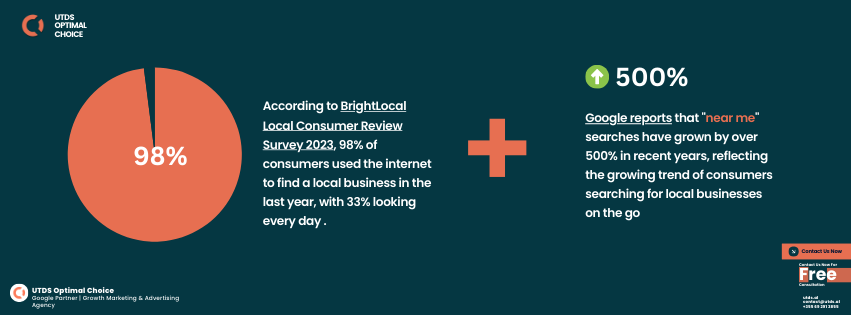
According to BrightLocal Local Consumer Review Survey 2023, 98% of consumers used the internet to find a local business in the last year, with 33% looking every day. Google reports that “near me” searches have grown by over 500% in recent years, reflecting the growing trend of consumers searching for local businesses on the go .
Local SEO for small business is essential for driving visibility and attracting local customers actively searching for nearby services. Whether you run a café, plumbing service, or boutique shop, professional Local SEO services UK can help your local business stand out in competitive search results.
Key Benefits of Local SEO for Small Business:
- Increased Foot Traffic: Optimising for Local SEO services UK allows your business to appear in local search results when potential customers are nearby.
- Higher Quality Leads: Local searches often indicate high commercial intent, making Local SEO for small business a powerful tool for lead generation.
- Cost Effective Growth: Partnering with a reliable Local SEO agency often costs less than paid advertising while delivering long term visibility.
How to Maximise Results with Local SEO Services:
- Optimise Your Google Business Profile: Ensure accurate NAP (Name, Address, Phone) information and regular updates.
- Use Geo Targeted Keywords: Incorporate location specific terms like Local SEO services UK in your content.
- Hire a Trusted Local SEO Agency: Working with a professional Local SEO Expert ensures consistent strategy execution and better results.
Local SEO services UK aren’t just about ranking higher they help local small businesses build credibility, attract more foot traffic, and drive sustainable growth.
What Makes Local SEO For Small Business A Must Have?
Why Every Business Needs A Local SEO Agency
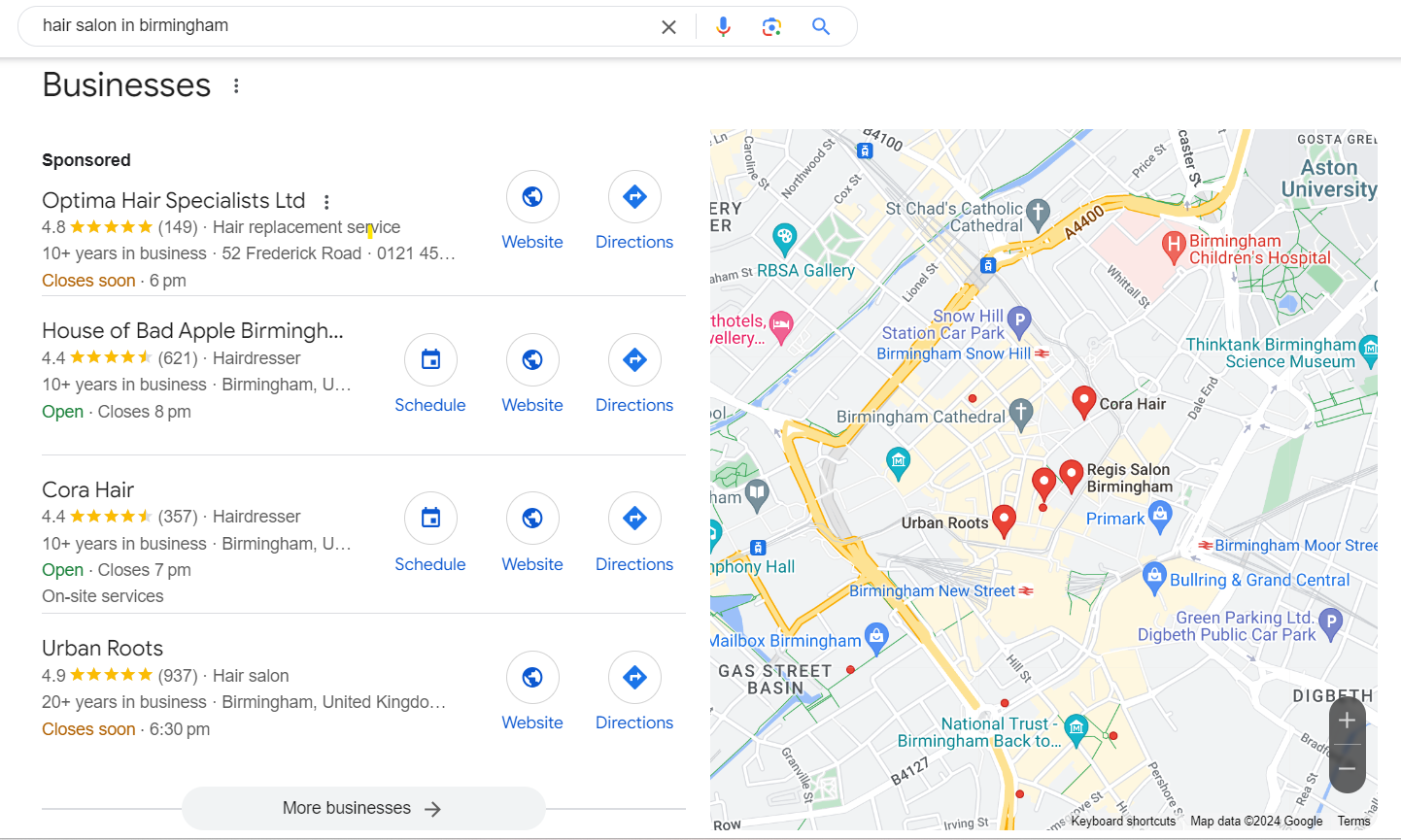
Partnering with a professional Local SEO agency can be a game changer for small businesses looking to dominate local search results. While DIY approaches might seem cost effective, professional Local SEO services deliver the expertise and ongoing optimisation required to outrank competitors effectively.
Why Hire a Local SEO Agency?
- Proven Expertise: A professional Local SEO agency has in depth knowledge of ranking factors, including Local SEO audit strategies and Google Business Profile optimisation.
- Time Efficiency: Managing Local SEO services UK involves technical tasks like citation management and keyword research, which a professional handles more effectively.
- Consistent Results: A trusted Local SEO company provides ongoing monitoring and data driven adjustments to ensure continuous visibility improvement.
Key Services Offered by a Local SEO Company:
- Google Business Profile Management: Optimising Google Business Profile for better visibility in local searches.
- Local Keyword Targeting: For example, using keywords related to what you offer like Local SEO services UK and Local SEO for small business helps you capture high intent local search traffic.
- Review Management: Encouraging and managing online reviews for better reputation management.
- Local SEO Audits: Identifying technical SEO issues and improving website health for better rankings.
Why Small Businesses Benefit from a Local SEO Expert:
A Local SEO expert brings specialised knowledge and tools that help small businesses gain better visibility faster. For example, a dental clinic in Liverpool partnered with a Local SEO Consultant, leading to:
- 40% higher visibility in map results within 60 days.
- 55% more appointment bookings from organic search traffic.
Choosing a Local SEO Consultant vs. DIY SEO:
- Advanced Tools: A professional Local SEO Consultant uses premium tools for tracking rankings, managing citations, and running a Local SEO audit effectively.
- Consistent Optimisation: Ongoing strategies, including content updates and link building, are crucial for long term success tasks best managed by a Local SEO Specialist.
Hiring a results driven Local SEO company not only saves you time but ensures better results, leading to sustainable business growth through targeted Local SEO services. Contact us now for free consultation.
Ready To Implement Local SEO For Small Business and Grow Your Local Business To The Next Level?
Contact us today for a free consultation and start seeing real results!
Key Components Of Local SEO Services
Effective Local SEO services involve a combination of strategies designed to improve a business’s visibility in local search results and attract more nearby customers. A professional Local SEO agency ensures all key components work together to help businesses rank higher in competitive local markets.
1. Google Business Profile Optimisation
A well optimised Google Business Profile is essential for visibility in local searches. A trusted Local SEO company ensures your Google Business Profile includes:
- Accurate business information with complete NAP details (Name, Address, Phone Number).
- High quality images and service descriptions optimised with Local SEO services UK strategies.
- Regular updates, posts, and engagement with reviews for better rankings.
Google Business Profile optimisation improves visibility in Local SEO for small business searches and helps your local business appear in the Google Local Pack for geo targeted results.
2. On Page Optimisation for Local SEO
On page SEO optimisation is critical for Local SEO services UK success. A skilled Local SEO Consultant ensures:
- Mobile Optimisation: Since most Local SEO for small business searches happen on mobile devices, mobile friendly design is a priority.
- Keyword Placement: Using keywords related to your local business or the services you offer, like Local SEO services UK and Local SEO audit in headings, meta tags, and content.
- Location Pages: Dedicated pages for different service areas to target location based searches effectively.
Proper on page optimisation ensures search engines can easily index your content for Local search SEO services.
3. Local Keyword Research and Targeting
A professional Local SEO Specialist identifies high converting keywords relevant to your area and audience, such as:
- Primary Keywords: For instance; Local SEO services, Local SEO agency, Local SEO company.
- Secondary Keywords: For instance; Local SEO services UK, Local SEO for small business.
- Long Tail Keywords: for instance; Phrases like affordable Local SEO services near me.
Using locally targeted keywords helps your local business rank for searches with stronger transactional intent.
4. Local Citations and Directory Management
A Local SEO Expert ensures your business is listed accurately on directories like Yelp, Bing Places, and Yellow Pages.
- Consistent NAP details across platforms.
- High authority citation building using Local SEO services UK strategies.
- Regular citation updates as part of a Local SEO audit.
Citations build trust with search engines, boosting your rankings in Local search SEO services results.
5. Local Link Building Strategies
Backlinks from locally relevant sources play a crucial role in improving rankings. A professional Local SEO Consultant will:
- Earn backlinks from community websites, local blogs, and partnerships.
- Sponsor local events to generate media mentions.
- Use Local search SEO services to track link impact.
Quality backlinks from local sources strengthen your domain authority and search visibility.
6. Review Management and Reputation Building
A trusted Local SEO company helps businesses manage customer reviews effectively by:
- Encouraging positive Google reviews and testimonials.
- Responding professionally to all feedback.
- Using Local SEO audit tools to track review performance.
Positive reviews directly influence local search rankings and help build customer trust.
7. Local SEO Audits and Performance Tracking
A Local SEO audit helps identify optimisation gaps and areas needing improvement. It involves:
- Analysing traffic patterns and keyword rankings.
- Checking citation consistency for Local SEO services UK strategies.
- Monitoring technical SEO issues impacting Local search SEO services visibility.
Regular Local SEO audits keep your strategies updated and ensure consistent rankings in Local SEO for small business searches.
Why These Components Matter for Small Businesses
A professional Local SEO company combines all these strategies to create a powerful local marketing system. Whether it’s Google Business Profile optimisation, mobile responsiveness, or citation management, these services ensure your business is more visible in local search results and attracts quality leads.
Common Local SEO Challenges And How To Overcome Them
While Local SEO services offer significant benefits, many businesses face challenges that can limit their results if not properly addressed. A trusted Local SEO agency helps identify and resolve these obstacles with tailored strategies for consistent rankings in Local search SEO services results.
1. Inconsistent NAP (Name, Address, Phone Number) Information
Inconsistent NAP details across online directories confuse both search engines and potential customers. A professional Local SEO company ensures:
- Accurate and uniform NAP across all platforms.
- Regular Local SEO audit checks for discrepancies.
- Complete optimisation of directories such as Google Business Profile and Yelp.
Consistency in Local SEO services UK strengthens ranking signals and trust with search engines.
2. Poor Mobile Optimisation
With over 60% of local searches coming from mobile devices, failing to optimise for mobile can harm visibility. A reliable Local SEO Consultant ensures:
- Mobile Friendly Design: Fast loading pages and responsive layouts.
- Mobile SEO Elements: Clickable call buttons, maps, and clear CTAs.
- Mobile Keyword Targeting: Using local business related keywords that bring in foot traffic, for instance; like Local SEO services UK and Local SEO for small business optimised for mobile searches.
Mobile optimisation directly affects rankings and user experience in Local search SEO services.
3. Incomplete Google Business Profile Optimisation
An incomplete or outdated Google Business Profile can prevent your business from appearing in the Local Pack. A professional Local SEO Specialist helps by:
- Completing all Google Business Profile fields, including categories and services.
- Using local keywords related to your business like Local SEO for small business within descriptions.
- Consistently updating images, offers, and posts.
Optimised Google Business Profile profiles increase visibility in Local SEO services UK results and attract more local customers.
4. Poor Quality Backlinks and Citations
Backlinks and citations from irrelevant or low quality sources can harm your rankings. A trusted Local SEO Expert addresses this by:
- Securing backlinks from authoritative local sites.
- Auditing citations as part of a detailed Local SEO audit.
- Managing and correcting outdated or duplicate listings.
Quality backlinks improve credibility and ranking potential in Local search SEO services.
5. Ineffective Keyword Targeting
Targeting irrelevant or overly competitive keywords can lead to low rankings and missed traffic opportunities. A professional Local SEO agency focuses on:
- Primary Keyword Optimisation: For Instance; Local SEO services, Local SEO company, Local SEO agency.
- Geo Specific Targeting: Emphasising Local SEO services UK and Local SEO for small business for location based traffic.
- Long Tail Keywords: Capturing more specific intent like affordable Local SEO services near me.
Proper keyword research helps local businesses rank for high user intent local searches, improving conversions.
6. Lack of Customer Reviews and Reputation Management
Reviews are crucial in local rankings and building consumer trust. A professional Local SEO Consultant can help by:
- Encouraging satisfied clients to leave reviews.
- Responding to both positive and negative feedback.
- Implementing review monitoring tools as part of a comprehensive Local SEO audit.
Positive reviews significantly impact rankings and visibility in Local SEO services UK results.
7. Not Tracking SEO Performance Regularly
Failing to monitor Local SEO services performance can lead to missed optimisation opportunities. A reliable Local SEO company addresses this by:
- Performing regular Local SEO audits for keyword rankings and traffic analysis.
- Using analytics tools to assess visibility for Local SEO services UK searches.
- Providing monthly reports to adjust strategies based on data insights.
Continuous performance tracking ensures your Local search SEO services efforts remain effective long term.
How a Local SEO Agency Overcomes These Challenges:
Partnering with a professional Local SEO company allows businesses to:
- Stay updated with changing local SEO for small businesses trends.
- Get expert guidance on strategies like Local SEO audit and backlink building.
- Gain visibility in competitive markets through expert Local search SEO services.
By working with an experienced Local SEO agency, businesses can overcome these challenges and achieve long term growth with a stronger online presence. Contact us now for free consultation.
Ready To Implement Local SEO For Small Business and Grow Your Local Business To The Next Level?
Contact us today for a free consultation and start seeing real results!
How A Local SEO Specialist Can Transform Your Rankings
Hiring a professional Local SEO Specialist can have a major impact on your business’s visibility in search results. A skilled expert focuses on technical adjustments, content optimisation, and link building strategies to ensure your business dominates local search results.
1. Expertise in Local Keyword Targeting
A Local SEO Specialist ensures your website targets the right audience by:
- Performing a detailed Local SEO audit to identify high performing local keywords.
- Optimising your local small business for key terms related to your business or services like Local SEO services UK and Local SEO for small business within key areas such as headers, meta descriptions, and content.
- Incorporating location specific long tail keywords to capture geo targeted searches.
Proper keyword targeting helps businesses rank higher in Local search SEO services, leading to more qualified leads.
2. Google Business Profile Optimisation
A Local SEO Expert ensures your Google Business Profile is fully optimised for local search visibility by:
- Adding business information with keywords like Local SEO services UK.
- Uploading high quality images and providing location specific service details.
- Encouraging customer interaction through Google Business Profile posts and updates.
Proper Google Business Profile optimisation can significantly improve visibility in Local SEO for small business searches and local map results.
3. Local SEO Audits and Performance Tracking
A Local SEO Specialist regularly conducts Local SEO audits to ensure your website performs at its best. This includes:
- Checking for NAP (Name, Address, Phone Number) consistency.
- Monitoring rankings for Local SEO services UK and Local SEO for small business.
- Identifying and fixing technical SEO errors that could harm rankings.
Regular local SEO audits keep your strategy aligned with changing algorithms in Local search SEO services.
4. On Page Content Optimisation
A skilled Local SEO Consultant improves on page SEO by:
- Creating service pages targeting keywords like Local SEO services UK.
- Adding location specific content using local keywords like Local SEO for small business.
- Structuring content with schema markup to improve local relevance.
Optimised content improves your rankings while also answering search queries more effectively.
5. Local Link Building and Citation Management
A Local SEO Expert helps your business build authority through:
- Earning backlinks from high authority sites relevant to services you provide like Local SEO services UK.
- Managing local citations to ensure NAP accuracy across directories.
- Identifying and fixing inconsistencies during a Local SEO audit.
Quality backlinks and citations improve domain authority and visibility in Local search SEO services.
6. Reputation Management and Customer Reviews
Customer reviews play a significant role in Local SEO for small business success. A Local SEO Specialist helps by:
- Encouraging satisfied customers to leave reviews.
- Responding professionally to both positive and negative feedback.
- Monitoring reputation using specialised Local search SEO services tools.
Positive reviews boost rankings and build trust for Local SEO services UK businesses.
7. Technical SEO Optimisation for Local Search
A Local SEO Consultant also handles the technical side of optimisation, such as:
- Improving page speed for better mobile performance.
- Implementing structured data markup for Local SEO services UK.
- Fixing site errors identified during a Local SEO audit.
Technical optimisation ensures a smoother user experience, which supports better rankings for Local search SEO services.
Impact of a Local SEO Expert on Your Business
By partnering with a skilled Local SEO Specialist, businesses can expect:
- Faster Results: Targeted strategies with Local SEO services UK for immediate visibility.
- Higher Quality Leads: Optimised for Local SEO for small business searches with purchase intent.
- Sustainable Growth: Consistent performance tracking using Local SEO audits and data driven adjustments.
A professional Local SEO company can help you dominate local search results by implementing these proven strategies tailored to your business needs.
Why Choose a Local SEO Company Over DIY SEO?
While managing SEO independently may seem cost effective, hiring a professional Local SEO company offers unmatched benefits. A team of experts can deliver consistent, data driven results while helping your business avoid costly mistakes often seen with DIY approaches.
1. Expertise and Industry Knowledge
A professional Local SEO company provides specialised expertise often lacking in DIY strategies, including:
- Performing detailed Local SEO audits to uncover optimisation gaps.
- Implementing Local SEO services UK strategies tailored to location based search trends.
- Offering expert insights from a Local SEO Consultant for both on page and off page optimisation.
Advanced knowledge of ranking factors helps businesses maintain long term success in Local search SEO services results.
2. Access to Advanced Tools and Resources
DIY SEO often lacks the tools necessary for effective optimisation. A professional Local SEO agency invests in premium resources for:
- Keyword Research: Tools for identifying high search intent terms like Local SEO services UK.
- Performance Tracking: Analytics platforms to monitor Local SEO for small business growth.
- Citation Management: Tools to ensure NAP consistency across directories.
Access to specialised tools allows a Local SEO Specialist to optimise more effectively and track ongoing results.
3. Time Saving and Efficiency
Managing an entire Local SEO services strategy demands constant monitoring and adjustments. A professional Local SEO Expert can:
- Handle Google Business Profile optimisation and Local SEO audit tasks.
- Manage ongoing Local search SEO services strategies such as link building and review management.
- Continuously optimise for local keywords related to your business or services you offer like Local SEO services UK and Local SEO for small business.
A dedicated Local SEO agency saves business owners valuable time while delivering better results.
4. Consistent and Scalable Results
A Local SEO company provides sustainable growth with strategies that evolve with your business. This includes:
- Targeting both broad and specific keywords like Local SEO services UK and Local SEO for small business.
- Building a strong backlink profile with Local search SEO services strategies.
- Providing regular Local SEO audit reports to adjust strategies as needed.
Scalable strategies ensure long term rankings without losing momentum.
5. Comprehensive Local SEO Services
Unlike DIY efforts that often focus on surface level changes, a professional Local SEO agency offers a full range of services, including:
- Local SEO audit and keyword research.
- On page optimisation targeting keywords like Local SEO services UK and Local SEO for small business.
- Link building, citation management, and performance tracking.
A comprehensive approach ensures every aspect of Local search SEO services is optimised.
6. Long Term Strategy and Ongoing Optimisation
A professional Local SEO Specialist understands that local rankings require continuous optimisation. They focus on:
- Monitoring keyword performance for Local SEO services UK.
- Running Local SEO audits regularly to address technical issues.
- Adapting strategies to align with Google algorithm updates.
Ongoing optimisation is critical to maintaining success in competitive Local search SEO services.
7. Avoiding Costly SEO Mistakes
DIY SEO can often lead to errors that hurt rankings. A professional Local SEO Consultant helps avoid:
- Keyword Stuffing: Overusing keywords like Local SEO services UK unnaturally.
- Inconsistent Citations: Incorrect NAP details harming Local search SEO services visibility.
- Neglecting Technical SEO: Missing core issues that a Local SEO audit would detect.
Working with a Local SEO Expert minimises errors and ensures a compliant SEO strategy.
Why Trust a Local SEO Company?
A professional Local SEO company offers expert management of Local SEO services UK campaigns, data driven insights, and continuous optimisation. Unlike DIY approaches, a results driven Local SEO agency ensures your business remains visible in competitive local search results. Contact us now for a free consultation.
Ready To Implement Local SEO For Small Business and Grow Your Local Business To The Next Level?
Contact us today for a free consultation and start seeing real results!
Affordable Local SEO Services: What to Expect
Affordable Local SEO Services can deliver measurable results when handled by a professional Local SEO company. These services focus on key strategies like Google Business Profile optimisation, local keyword targeting, and regular Local SEO audits to ensure your business ranks effectively in local searches.
While DIY SEO might seem cost effective upfront, it often results in:
- Inconsistent NAP Data: Hurting rankings due to incorrect business listings.
- Over Optimisation: Keyword stuffing with your business related terms like Local SEO services UK instead of balanced usage.
- Technical Errors: Critical SEO issues often missed without a professional Local SEO audit.
Partnering with a trusted Local SEO agency ensures proper optimisation, improved rankings, and a better return on investment with Affordable Local SEO Services.
Importance Of A Local SEO Audit Before Starting
A professional Local SEO audit is a critical first step for businesses aiming to improve their local search rankings. Conducted by a skilled Local SEO Specialist, it helps identify ranking gaps and areas where your website may be underperforming in Local SEO services.
What Does a Local SEO Audit Cover?
A thorough Local SEO audit provides a detailed assessment of:
- NAP Consistency: Ensuring your business name, address, and phone number are uniform across directories, a key factor in Local SEO services UK visibility.
- Content Gaps: Identifying missing local keywords related to your business such as Local SEO for small business and under optimised service pages.
- Technical SEO Errors: Detecting issues like broken links, slow page speed, missing schema markup, and poor mobile performance all factors impacting Local search SEO services.
Why a Local SEO Audit Matters
- Uncovers Missed Opportunities: Reveals areas where your Local SEO services can be improved for better rankings.
- Prevents Costly Errors: Helps a Local SEO Specialist catch duplicate listings, outdated citations, and keyword overuse early.
- Provides a Clear Strategy: Offers insights for a Local SEO company to develop a customised strategy for long term success.
A comprehensive Local SEO audit ensures your website is optimised for local visibility, making it an essential part of any professional Local SEO services plan.
Role Of Google Business Profile In Local SEO Success
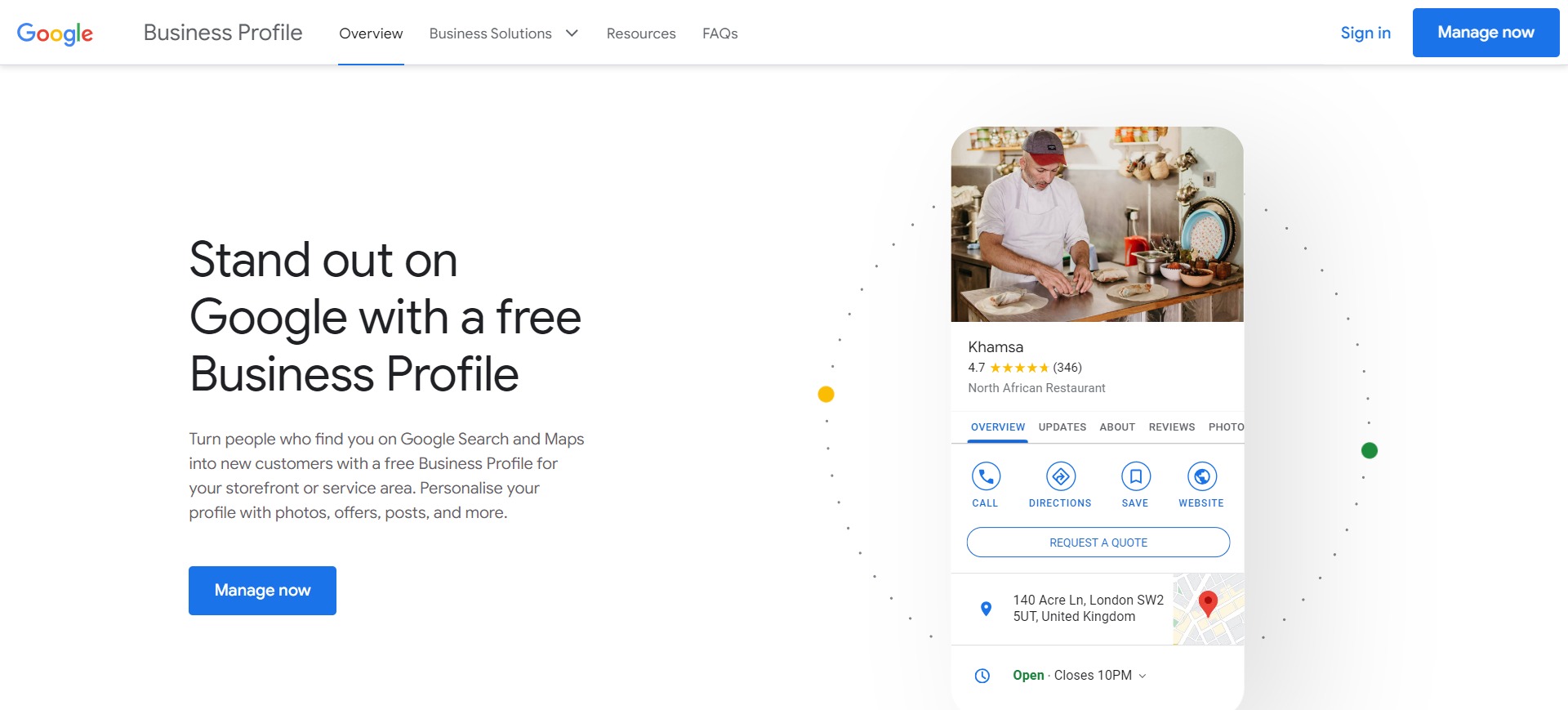
A fully optimised Google Business Profile is essential for businesses aiming to rank higher in local searches. It directly impacts how companies appear in the Local Pack and Google Maps, making it a core element of effective Local SEO services UK strategies.
Why Google Business Profile Matters for Local SEO
A professional Local SEO agency emphasises Google Business Profile optimisation because:
- Boosts Local Visibility: A complete Google Business Profile helps businesses appear in Local SEO services UK results and map listings.
- Enhances Engagement: Accurate listings with up to date information encourage calls, messages, and visits.
- Improves Search Rankings: Google Business Profile data is a direct ranking factor in Local search SEO services results.
An optimised Google Business Profile increases your business’s chances of appearing in local searches, making it easier for customers to find you.
Key Steps to Optimise Your Google Business Profile
A comprehensive Local SEO audit helps ensure all critical elements of Google Business Profile are fully optimised, including:
- NAP Consistency: Ensuring uniform Name, Address, and Phone Number across all platforms.
- Service Categories: Selecting accurate categories to align with your Local SEO services UK strategy.
- Business Descriptions: Incorporating your local business key terms like Local SEO services UK and Local SEO audit naturally.
- High Quality Photos: Uploading current images to reflect your services and location.
- Accurate Business Hours: Keeping operation hours updated for customer convenience.
Google Business Profile optimisation helps businesses appear for high intent local searches, increasing both visibility and credibility in Local search SEO services.
How a Local SEO Agency Maximises Google Business Profile Performance
A trusted Local SEO agency provides ongoing Google Business Profile management, including:
- Performance Monitoring: Running regular Local SEO audits to track ranking improvements.
- Review Management: Responding to reviews and encouraging feedback.
- Profile Updates: Posting regular content and offers to keep the profile active and relevant.
Ongoing Google Business Profile management ensures businesses stay competitive in Local SEO services UK results and continue to attract local traffic.
Is your landing page optimised for local SEO? At UTDS Optimal Choice, we ensure your landing pages are designed to capture local traffic and convert visitors into customers. From local keyword integration to mobile friendly layouts and fast load times, we cover all aspects of optimisation to boost your rankings. Contact us today to learn how we can transform your landing pages and drive more local leads to your business.
How Client Reviews And Testimonials Impact Local SEO Rankings
Client reviews and testimonials are essential for effective Local SEO services, as they directly influence how businesses rank in local search results. Search engines like Google prioritise local businesses with positive feedback, making reviews a key factor in improving visibility through Local SEO services UK strategies.
Why Positive Reviews Matter in Local SEO Services
A trusted Local SEO company emphasises the importance of customer reviews because they:
- Improve Search Rankings: Positive feedback signals trust to search engines, improving visibility in Local SEO services UK results.
- Increase Click Through Rates: Strong ratings attract more clicks in Local SEO for small business searches.
- Build Local Trust: Genuine reviews enhance credibility, influencing both rankings and customer decisions.
Positive reviews directly impact how businesses perform in Local search SEO services, making them vital for small business growth.
How a Local SEO Specialist Manages Client Reviews for Better Rankings
A professional Local SEO Specialist improves review management by:
- Encouraging Customer Feedback: Actively requesting reviews after service delivery.
- Responding Professionally: Addressing both positive and negative reviews to maintain trust.
- Monitoring Review Impact: Using Local SEO audit tools to measure how feedback affects Local SEO services UK rankings.
Effective review management ensures higher visibility in Local SEO for small business searches while strengthening your brand’s reputation.
Why Mobile Optimisation Is Essential for Local SEO
With over 70% of local searches happening on mobile devices, mobile optimisation has become a critical ranking factor for businesses relying on Local SEO services. Ensuring a website is mobile friendly improves both visibility and user experience, which can lead to higher rankings and increased conversions.
Why Mobile Optimisation Matters in Local SEO Services
A professional Local SEO agency prioritises mobile optimisation because:
- Search Engine Preference: Google prioritises mobile friendly websites in Local SEO services UK results.
- Improved User Experience: Mobile friendly sites keep users engaged longer, reducing bounce rates.
- Better Conversions: Mobile optimised sites simplify navigation, increasing inquiries and sales for Local SEO for small business strategies.
Mobile optimisation ensures a smooth user experience while meeting ranking criteria for Local search SEO services.
Key Factors for Mobile Optimisation in Local SEO Services
A thorough Local SEO audit focuses on critical aspects of mobile performance, including:
- Page Speed: Faster loading times reduce bounce rates and improve rankings in Local SEO services UK results.
- Responsive Design: The site automatically adjusts to fit various screen sizes, ensuring a seamless experience across all devices.
- Mobile Friendly Content: Optimising headings, images, and CTAs for easy readability on smaller screens.
- Clickable Elements: Ensuring buttons and contact forms work smoothly for Local SEO for small business visitors.
A fast, mobile friendly site enhances both search rankings and conversion rates, essential for Local SEO services success.
How a Local SEO Agency Ensures Mobile Optimisation Success
A trusted Local SEO agency helps businesses stay mobile optimised by:
- Conducting a Local SEO Audit: Identifying mobile issues and performance bottlenecks.
- Optimising Technical Elements: Improving page speed, image compression, and code efficiency.
- Tracking Mobile Traffic: Monitoring the impact of mobile optimisation on Local SEO services UK rankings.
With a professional approach, small businesses can maximise their visibility in Local search SEO services.
Ready To Implement Local SEO For Small Business and Grow Your Local Business To The Next Level?
Contact us today for a free consultation and start seeing real results!
Local Services Ads for Instant Visibility
Local Services Ads (LSAs) are a paid advertising feature designed to help service based businesses gain instant visibility in local search results. When used alongside organic Local SEO services UK strategies, LSAs can drive targeted traffic and generate high quality leads.
What Are Local Services Ads and How Do They Work?
Local Services Ads appear at the very top of Google search results, above both organic listings and traditional paid ads. This pay per lead model ensures businesses only pay for verified customer inquiries, making it a cost effective addition to Local SEO services UK strategies.
LSAs provide immediate visibility in Local search SEO services while your organic rankings improve over time.
Benefits of Using Local Services Ads Alongside Local SEO Services
A professional Local SEO company can help businesses maximise their results by combining LSAs with organic efforts. Key benefits include:
- Top Placement in Search Results: Google local service ads place businesses above both organic and paid listings, dominating Local search SEO services.
- Pay Per Lead Cost Efficiency: Unlike standard ads, businesses only pay for actual inquiries, helping reduce wasted ad spend for Local SEO services UK.
- Instant Visibility for Small Businesses: LSAs can provide immediate exposure, especially for newer businesses working with a Local SEO company.
- Builds Trust: The Google Screened or Google Guaranteed badge enhances credibility, complementing Local SEO services UK efforts.
LSAs offer small businesses a reliable way to attract local leads while organic Local SEO services strategies work long term.
How a Local SEO Company Maximises LSAs for Better Results
A trusted Local SEO company integrates LSAs into your marketing strategy by:
- Strategic Targeting: Setting up LSAs for specific service areas and audience targeting.
- Monitoring Lead Quality: Ensuring the leads generated match your Local search SEO services goals.
- Balancing Paid and Organic SEO: Using LSAs for short term visibility while organic Local SEO services UK build long term rankings.
A professional Local SEO company ensures LSAs drive immediate results while complementing organic efforts for sustainable growth.
Community Engagement: The Secret Weapon for Local SEO
Engaging with the local community can significantly enhance your Local SEO services by building trust and increasing visibility. Active participation helps generate backlinks and local mentions, improving rankings for businesses using Local SEO for small business strategies.
How Community Engagement Boosts Local SEO Success:
- Local Mentions: Attending or sponsoring local events can lead to local press mentions, improving visibility for businesses working with a Local SEO company.
- Backlink Generation: Collaborations with community organisations and local influencers create quality backlinks that support Local SEO services rankings.
- Stronger Local Presence: Supporting community initiatives builds credibility, a vital factor in Local SEO for small business success.
Community involvement not only helps local causes but also strengthens your visibility in Local SEO services results.
Why Hire Our Local SEO Agency For Long Term Success?
Partnering with a professional Local SEO expert UTDS Optimal Choice is essential for sustained rankings and business growth. SEO requires ongoing management to maintain visibility, and a dedicated expert ensures strategies stay effective over time.
Importance of Ongoing SEO Maintenance
As a Local SEO Consultant, we play a key role in keeping your business competitive through:
- Consistent Optimisation: Updating content, citations, and backlinks regularly.
- Performance Tracking: Conducting routine audits to monitor progress and fix issues.
- Keyword Refinement: Adjusting strategies using insights from Local SEO Specialist tools to target the most effective local terms.
Ongoing SEO ensures rankings remain strong and prevents traffic drops over time.
How Our Local SEO Experts Manage Algorithm Updates
Search engines frequently adjust their ranking criteria. Our Local SEO Specialist ensures your business adapts by:
- Monitoring google algorithm shifts and updating strategies accordingly.
- Refining technical elements like site speed and mobile responsiveness.
- Implementing best practices learned from ongoing Local SEO Consultant analysis.
Staying ahead of algorithm changes protects your rankings and traffic flow. Contact us now for free consultation.
Why Choose Us?
- Expertise: With years of experience in Local SEO, we have the knowledge and tools to help your business succeed in competitive local markets.
- Personalised Service: We don’t believe in one-size-fits-all solutions. We tailor our strategies to meet the specific needs of your business.
- Proven Results: Our clients consistently see improvements in their local search rankings, increased traffic, and higher conversion rates.
Let us help you take your local online presence to the next level. Contact us today for a free consultation and see how we can help your business thrive in your local market.

